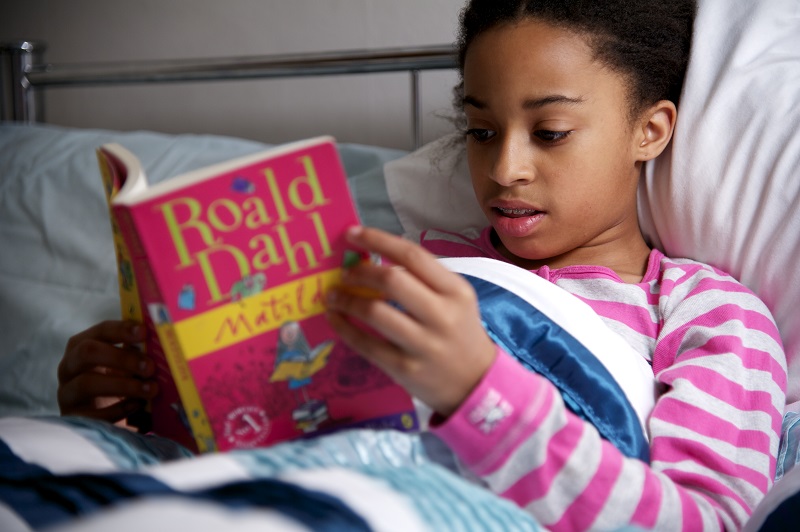
This National Share a Story month we’ve chosen some of our favourite magical stories to share in the classroom and at home, from picture books to more challenging tales to read aloud.
Read more
This National Share a Story month we’ve chosen some of our favourite magical stories to share in the classroom and at home, from picture books to more challenging tales to read aloud.
Read more
Ideas and resources to celebrate World Storytelling Day in your classroom and to encourage parents to share stories at home.
Read more
Award-winning children’s author Christopher Edge shares strategies for talking to children about their reading Books can help children and young adults to make sense of the world, provide an escape from it and maybe, one day, inspire them to build a better one, so in these strange times, making space for reading in their lives […]
Read more
Did you know that May is National Share-a-Story Month in the UK? It’s an annual celebration of the power of storytelling and story sharing. This year’s theme is ‘travelling tales’, so channel your inner adventurer, pack your bags, and bring your class on a journey to distant times and faraway lands. Big Car, Small CarProject X OriginsOxford Level […]
Read more